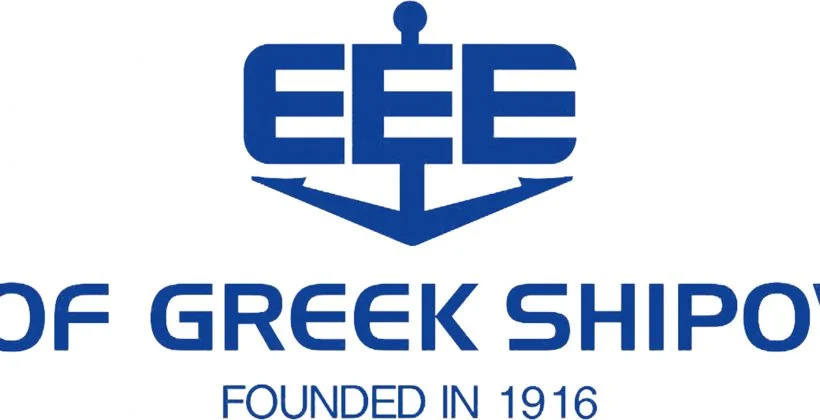
The occasion was marked at a prestigious club near Athens on January 25, where the ‘NYK Dry Bulk Safety Practitioners’ Conference 2024′ hosted by Nippon Yusen Kaisha (NYK) convened at 2 p.m., signifying a momentous leap in international maritime collaboration.
(Text by Hirofumi Yamamoto)
■Open to overseas shipping companies
For the first time, NYK has extended its dry bulk safety conference to an international audience, with participation from 30 Greek shipping companies, totaling 74 individuals. A Greek shipowner remarked, “Our interactions with Japanese operators have traditionally been limited to spot or short-term chartering through brokers. However, NYK’s initiative to directly explain their safety standards has clearly demonstrated their willingness to engage in long-term charter negotiations with us.”
Japan’s maritime sector has long been perceived as insular, with Japanese operators primarily contracting with local shipowners, who in turn, finance new builds through regional banks and fulfill cargo contracts with major Japanese industrial players like Nippon Steel and Toyota. This ‘All-Japan’ approach appeared to outsiders as a closed community.
However, the façade of ‘All-Japan’ has been showing cracks, particularly since the financial turmoil triggered by the 2008 Lehman Shock. Major Japanese shipping lines such as NYK, Mitsui O.S.K. Lines, and Kawasaki Kisen Kaisha have historically chartered ships from Japanese owners for medium to long terms. “The essence of being an operator was to charter ships from owners for medium to long terms, bearing the market fluctuation risks,” explained an Imabari shipowner.
■Changes in Japanese regional banks
The Lehman Shock starkly exposed these risks, causing significant financial distress when the dry bulk market collapsed, leaving operators to honor charter rates far above the plummeting market prices. This experience profoundly impacted the industry, embedding a cautious approach towards long-term chartering risks.
Furthermore, the aftermath of the Lehman Shock prompted a reevaluation of financing models, with regional banks adapting to fund ships for overseas operators under 3-5-year contracts. This shift has led to an increased openness to international collaboration, although Japanese shipowners still yearn for a return to closer ties with domestic operators.
The recent safety conference hosted by NYK for international shipowners is not solely about fostering charter agreements but represents a broader effort to share safety standards, environmental awareness, and information. This initiative may signify a new era of inclusivity, extending the traditional ‘unspoken understanding’ beyond Japanese shores to international maritime stakeholders.
A Greek shipowner based near Athens underscored their alignment with NYK’s safety standards and ethical responsibilities, stating, “We are already equipped with the standards Japan upholds, if not more so.”
This statement encapsulates the sentiment among Greek shipowners, who, without a domestic cargo base, have long catered to international clients and undergone stringent audits by oil majors, positioning themselves as equals, if not superiors, in meeting the Japan Standard.